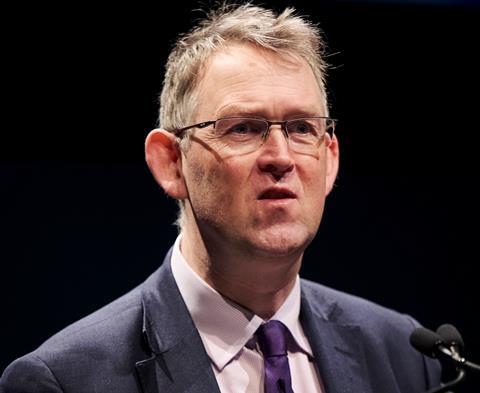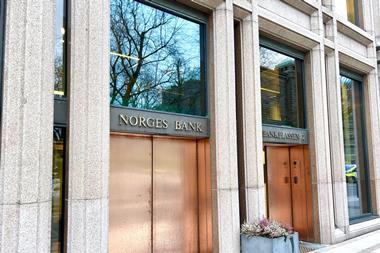The UK’s Department for Work and Pensions’ (DWP) Taskforce on Social Factors (TSF) has launched its guide on social considerations in pension scheme investments, following the conclusion of a dedicated 18-month consultation.
The guide states that social issues not only impact the potential performance of investments, but they also impact people.
“For pension savers, social factors will influence the world into which they will retire as well as the performance of their investments,” it said.
As such, the TSF report – Considering social factors in pension scheme investments: a guide from the Taskforce on Social Factors – offers recommendations in accompanying publications on best practice for industry stakeholders.
Stressing how social factors are of “paramount” importance to the pensions industry, Maria Nazarova-Doyle, TSF co-chair and global head of sustainable investment at IFM Investors, described the guide’s creation as tackling the “social elephant in the room”.
Addressing the audience at the guide launch event on Thursday 7 March, UK pensions minister Paul Maynard emphasised the importance of trustees understanding social and environmental issues in investment decisions, along with understanding how to fulfil their fiduciary duty.
“Part of that must now be, in the 21st century, looking at environmental and social factors when they’re making their investment decisions, not because they want to take a particular political attitude to a controversial issue, but because they materially affect the performance of the pension fund,” he said.

“It is in members interests, whether they care deeply, or not at all, about these issues, that their trustees are aware of these issues,” added Maynard.
As such, the TSF working group included a ‘baseline best practice guide’ for trustees to adhere to:
- create a high-level investment and stewardship policy covering social factors, drawing out specific themes that are priorities for the scheme, including systemic risks and a commitment to respect human rights;
- ask their investment consultants how social factors are integrated into their advice on asset allocation and fund research and selection;
- include social factors-related questions/requirements into their selection, appointment, and monitoring of investment managers, including regular review meetings;
- increase their knowledge and understanding of social factors, including training sessions on social factors.
Highlighting the ‘S’ in ESG
The launch comes after the DWP set up an industry-led taskforce to support pension scheme trustees and the wider pensions industry. The group is also part of a multi-pronged effort to show how the UK pensions sector can better incorporate social factors into investment decisions.
Last week the Pensions and Lifetime Savings Association (PLSA) published several case studies highlighting “exemplary” investment approaches to serve as a guide for its members.
In addition to this, the Financial Markets Law Committee (FMLC) recently produced a paper – Pension fund trustees and fiduciary duties: Decision-making in the context of sustainability and the subject of climate change – in which it concluded that its interpretation of the law meant that pension trustees can, and should, take sustainability into consideration without being in breach of their fiduciary duties.
As a result, senior UK pension industry stakeholders are urging for greater clarity and official support by The Pensions Regulator following the report’s publication on pension scheme trustees’ evolving fiduciary duties around climate change.
Read the digital edition of IPE’s latest magazine























